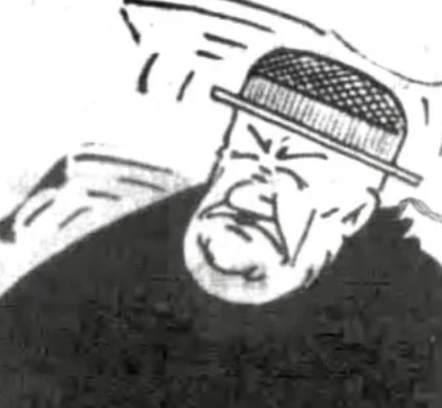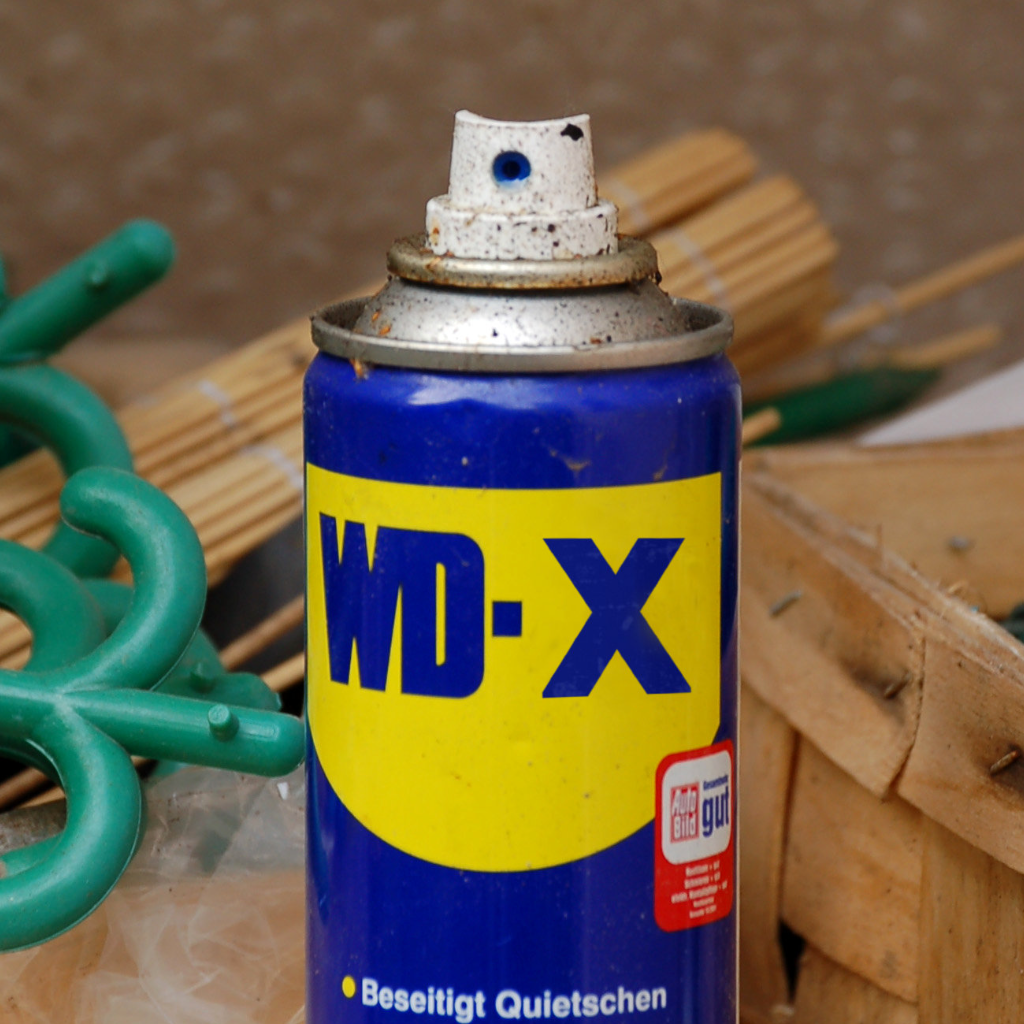In 1862, Georgia dentist, builder, and mechanic John Gilleland raised money from a coterie of Confederate citizens in Athens, Georgia to build the chain-shot gun for a cost of $350. Cast in one piece, the gun featured side-by-side bores, each a little over 3 inches in diameter and splayed slightly outward so the shots would diverge and stretch the chain taut. The two barrels have a divergence of 3 degrees, and the cannon was designed to shoot simultaneously two cannonballs connected with a chain to “mow down the enemy somewhat as a scythe cuts wheat”. During tests, the Gilleland cannon effectively mowed down trees, tore up a cornfield, knocked down a chimney, and killed a cow. These experiments took place along Newton Bridge Road northwest of downtown Athens. None of the previously mentioned items were anywhere near the gun’s intended target.
r*ddit
The only reason we know the right answers are because people like this weren’t afraid to try new things and find out what doesn’t work.
If you’re gonna dunk on the man, do it because he was a Confederate.
I find myself repeating some version this sentiment every now end then: There are good reasons to hate (whoever the conversation is about), but this ain’t one. We don’t need to grasp at straws when there are solid branches.
Or that he failed at convincing them to get funded more. I feel like a fleet of Virginia-like ironclads with twin-guns could’ve sank their pockets for good.
He couldn’t visualise his invention very well without computers or Orbs to ponder.
I’m guessing the main problem is the two barrels never detonate at the same instant, so the chain flings the shot wildly somewhere in the forward field of fire.
Regular chain shot packs the projectile in a single barrel.
If I recall I don’t think barrels and balls were precision machined so there would always be “windage” or some sort of gap between the ball and barrel. So not only the timings as you identify, but also differences in force between the balls due to windage and charge.
Those are the same issues that led to my third child being conceived.
Fuck, sights are off!
Fuck sights?
I need more details please
A dead cow was involved, but nowhere near the intended mother.
I remember that with some cannons the fit was so sloppy you had to wrap the ball in rags or pack it in straw to get it to go any distance at all. This was just a spectacularly goofy idea from start to finish, and I love every inch of it.
In Patrick O’Brian’s novels some/many of the cannons had sizing hoops. Incoming balls would be sorted by size because not every ball would fit every barrel.
The two-dollar word is sabot.
Which is an old-timey French word for shoe. You’re basically putting shoes on the cannonball.
It says the barrel was cast, which is definitely not precise machining
Isnt this a super easy fix? Just make one detonation chamber connected to 2 barrels. Or make a longer barrel holding 2 balls with the chain between them.
The even easier fix is one barrel firing chain or bar shot. The method that had been done for at least 100 years at that point.
The only real reason for two barrels is to try and get a longer chain to be more effective against infantry formations, but at that point just load grape or canister shot and it works better and the cannon crew has an easier time of reloading.
In theory, yes. But in practice, option 2 is how it usually is done, and option 1 would still require scrapping the gun and casting a new one, assuming it would work and not throw the shot off based on the weight difference of the balls.
I think one chamber with two barrels would propel the projectiles unevenly, wouldn’t it?
I want one of those slow motion youtube channel people to test this thing so bad right now.
During tests, the Gilleland cannon effectively mowed down trees, tore up a cornfield, knocked down a chimney, and killed a cow
So, it worked?
None of the previously mentioned items were anywhere near the gun’s intended target.
Reading is hard.
Kindness is also hard (and takes practice). I believe in both of our abilities to keep improving!
Which isn’t necessarily an issue if your goal is to hit somewhere in a line of charging infantry. Why you wouldn’t just use canister shot is beyond me, but accuracy isn’t much of an issue if your target is an entire enemy formation.
It’s an issue if you need the chain to be stretched across parallel to the side by side group of soldiers charging at you.
I don’t think you realize how much they missed by:
“On its second firing, the chain shot across the horizon and into a thicket of pine.”
So, you’d miss the entire army you were shooting at, and hit a nearby forest.
Hey, it hit what was in front of it. The solution to the being “randomly inaccurate” problem is more of them!
Solution: aim the Gilleland cannon at what you don’t want to hit, then fire!
Unless one barrel misfires, then it hits whatever is standing next to it.
The key to victory is surprise. So. Surprise.
Poor cow
That’s, like, the joke.
The cow was a yankee sympathizer.
Moo!
Gilleland’s invention was a failure. When it was first tested on 22 April 1862, it was aimed at a target of two upright poles. Uneven combustion of the powder and casting imperfections in the barrels gave the connected balls a spinning movement in an off-center direction, with witnesses reporting that on its first firing it “plowed up about an acre of ground, tore up a cornfield, mowed down saplings, and then the chain broke, the two balls going in different directions”.
On its second firing, the chain shot across the horizon and into a thicket of pine. “[The] thicket of young pines at which it was aimed looked as if a narrow cyclone or a giant mowing machine had passed through,” reported another witness.
On its third firing, the chain snapped immediately and one ball tore into a nearby cabin, knocking down its chimney; the other spun off erratically and struck a nearby cow, killing it instantly. Gilleland considered the test-firings a success.
The inventor seemed to think so.
Yeah well he was a confederate so who gives a fuck what he thinks?
Read the rest of the text
3° divergence…
So, you could basically stand in front of it a few feet away and never get hit.
Missed the part where the cannon balls are connected by a chain?
Ah, I thought that meant to feed, like a machine gun. Read it wrong
Chain-fed black powder cannon
The real noncredibility is in the comments.
Did y’all just invent something? That sounds badass
Chain feed the orbs into the orb chamber. Chain feed the orb launching powder into the orb launcher.
I shall ponder upon this idea
Side by side shotguns kind of do the same thing where they kick slightly to one side or the other. That’s why over/under is the more common double barrel configuration anymore.
The movement is a lot easier to compensate for with a shotgun since it’s easier to control and fires shot shells instead of cannonballs.
Fill it with grapeshot, I want to see what happens.
People who never invented or succeeded in anything: haha look at that idiot.











